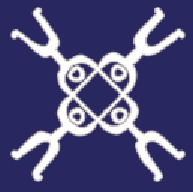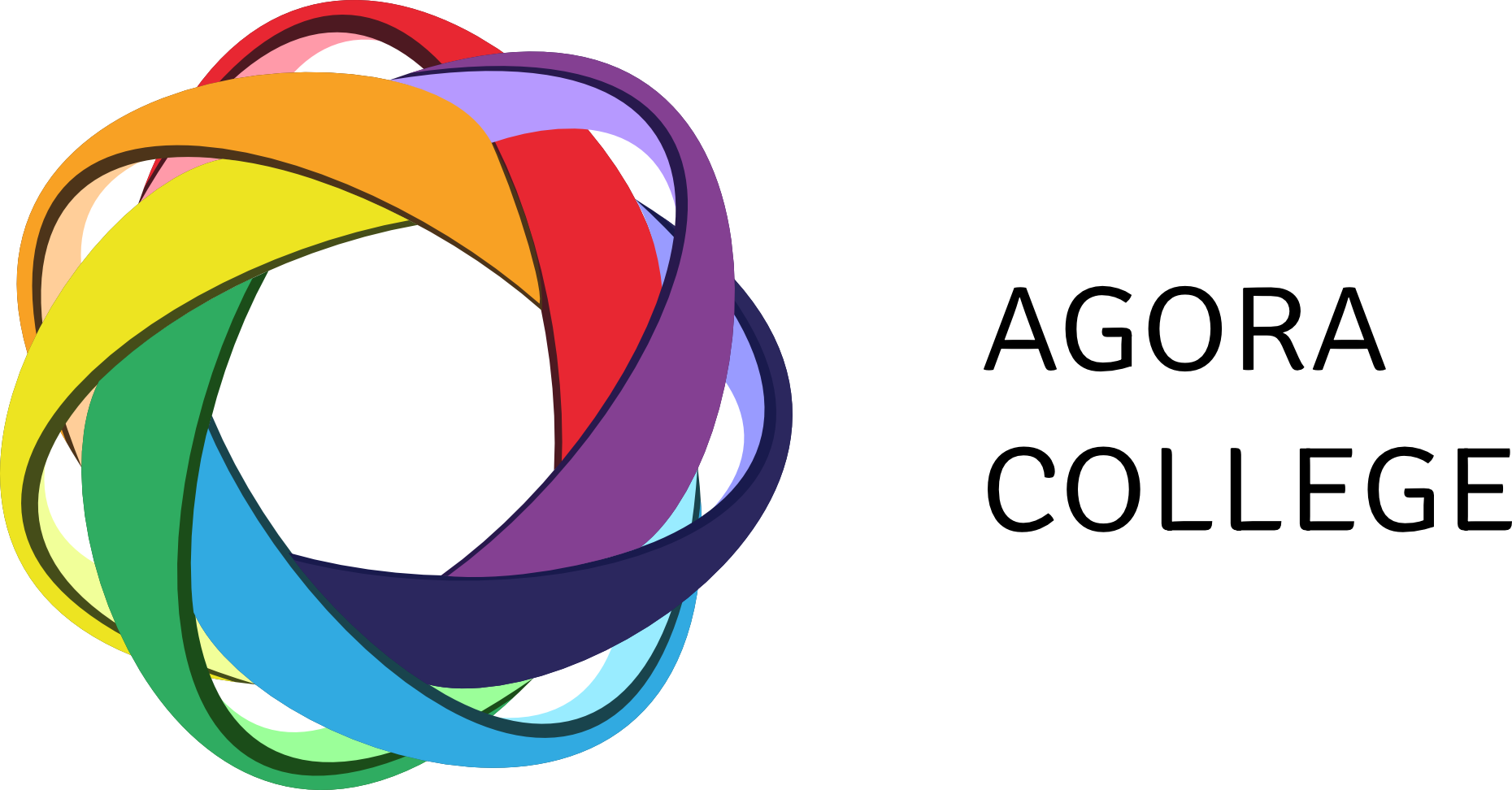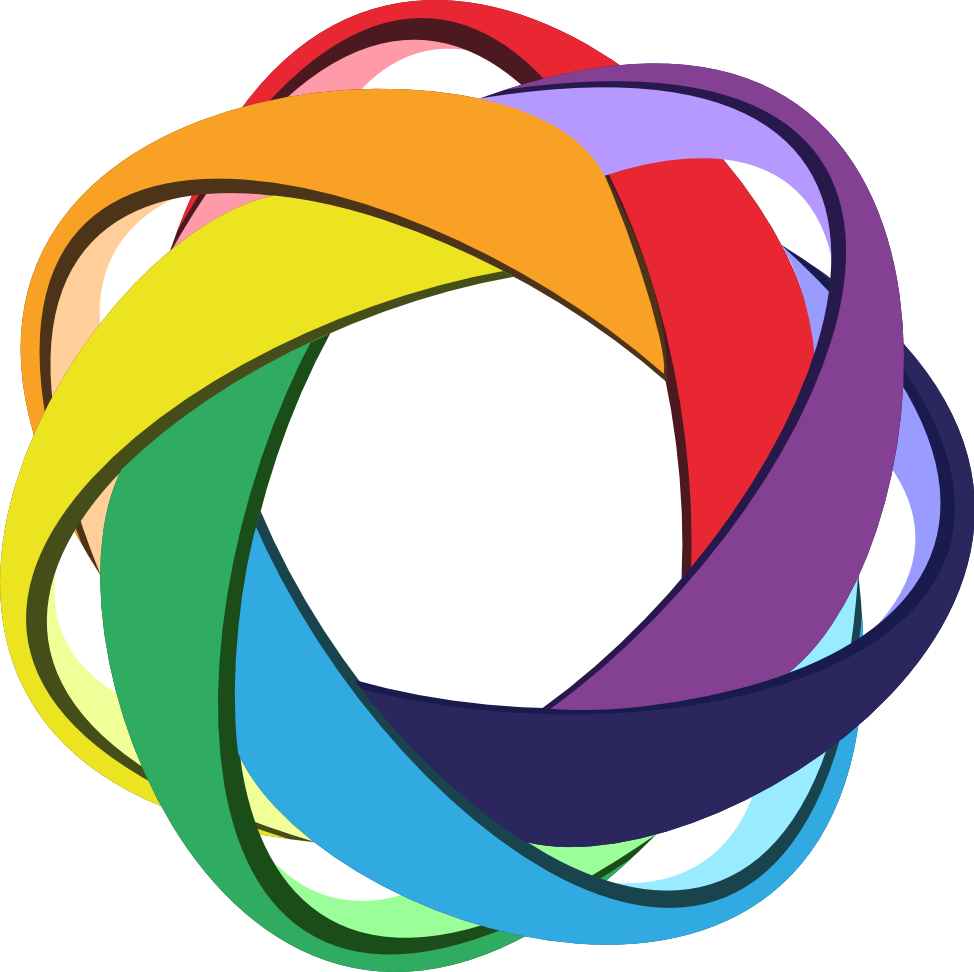About Our Name
What is the significance of Agora College's name?
The Agora, a 30-acre marketplace still visible today, sat below the Acropolis in ancient Athens.
Two thousand four hundred years ago, the Agora was the intellectual center of the western world.
Here great minds debated such ideas as beauty, justice and truth, and love.


Socrates, before he became a builder of ideas, was a stonemason. He did not seek or even value fame and recognition. And political discussions were of little interest to him. However, the values behind democracy and civil society were fuel for his fire.
He found his place in the Agora. He thrived within this place that allowed for the free exchange of ideas, storytelling, and question asking while seeking insight and wisdom through dialogue with others.
Once becoming learned, through an autodidactic process, he began to teach from the ruins of "Simon the Cobbler's" store. Here we could have dialogues with the youth of Athens because only adults were allowed to enter the Agora.
Socrates taught Plato, who captured the mind and words of Socrates. (Ultimately, Socrates was tried and convicted of corrupting the youth of Athens and was sentenced to die through drinking hemlock.)
The Agora, this marketplace of free ideas, started something bigger than themselves. Plato, in turn, taught Aristotle, and Aristotle taught the young Alexander the Great.

The discussions and learnings of the Agora did not die. Instead, they took flight. They were passed from one individual to another, eyes to eyes, and soul to soul.
Agora College exists to exchange ideas regarding thriving, well-being, and resilience required to live an "interesting life." Agora College compels you to think, ponder, and clarify who you are and can become within the context of the whole world that surrounds you.
We consider who we are within a #webofsupport while thinking about how to transfer that knowledge in meaningful, memorable, and measurable ways to others.


It is here, from the prairie of the Heartland we will house our own Agora and discuss the thoughts on how a young person becomes a resilient human being. This is your invitation to think, learn, apply and understand youth development and more.

